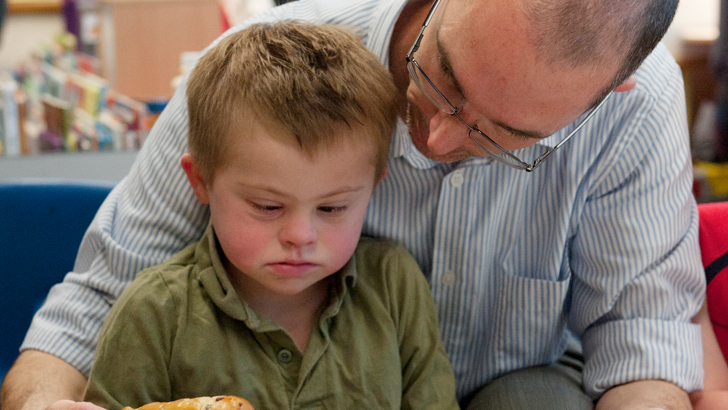
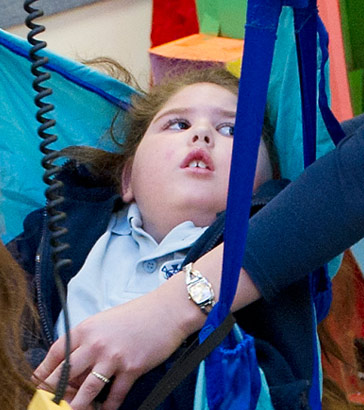
Level B of this module introduces the principles of privacy, dignity and safeguarding in these areas of personal care:
- Eating and drinking;
- Dressing and undressing;
- Toileting, toilet training and menstruation;
- Personal hygiene;
- Dealing with bodily fluids;
- Medication, medical procedures and physical health tasks; and
- Assessing when it is appropriate to use positive handling strategies to manage challenging behaviour.
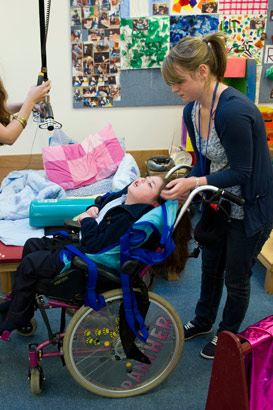
The materials in this level are intended to provide those working with children with SLD/PMLD/CLDD the tools to be able to:
- Understand the key aspects of physical/personal care and medical support likely to be encountered: toileting and toilet training; dressing and changing; feeding; puberty issues; medication/epilepsy/oxygen etc;
- Understand how pupils, families and other professionals can support the development of personal care and health management plans in school; and
- Begin to consider policies that ensure both pupils and staff are safeguarded during personal care.
Details of the professional standards that apply to all teachers in England can be obtained from the Department for Education website. These standards apply to all teachers regardless of their career stage and all aspects of the standards are relevant to teachers working with children with special educational needs.
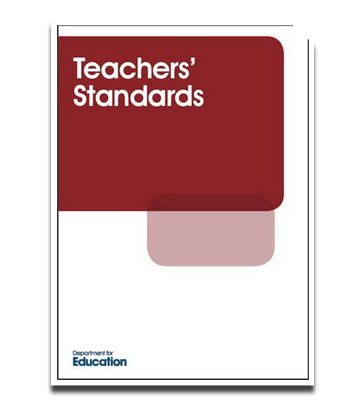
As defined by the Department for Education Special Educational Needs Code of Practice (2001), children have special educational needs if they have a learning difficulty which calls for special educational provision to be made for them.
Children have a learning difficulty if they have:
- A significantly greater difficulty in learning than the majority of children of the same age, or
- A disability which prevents or hinders them from making use of educational facilities of a kind generally provided for children of the same age in schools within the area of the local education authority.
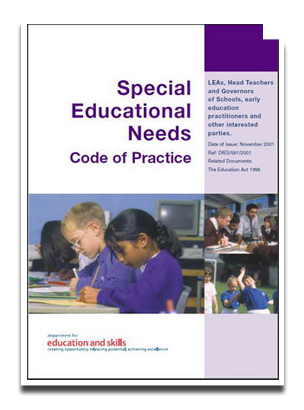
With thanks to the professionals who contributed to this module:
Module Content
Mary Saunders, OBE, Former Headteacher, Bettridge School, CheltenhamJo Egerton, Research Project Co-ordinator (CLDD), The Schools Network
All modules produced by The Schools Network and
Real Group (UK) Ltd for the Training Development Agency for Schools (TDA).
Editorial Team
Dr Mark Turner, Real Group (UK) Ltd
Professor Hilary Constable, The Schools Network
Jo Egerton, The Schools Network
Anne Fowlie, The Schools Network
John Truman, The Schools Network
Annie Grant, Independent Consultant
Production and Design
Jonathan Bond, Real Group (UK) Ltd
Colm Gibson, Real Group (UK) Ltd
David Hutter, Real Group (UK) Ltd
Ruth Earl, Real Group (UK) Ltd
Video, Audio and Photography
Atomic Productions
Project Management
Professor Barry Carpenter, The Schools Network
Alan Macgregor, Real Group (UK) Ltd
Sylvia Paddock, The Schools Network
Dr Mark Turner, Real Group (UK) Ltd
Caroline Ward, The Schools Network
Thanks to all the children, parents, carers, assistants and teachers for their involvement.